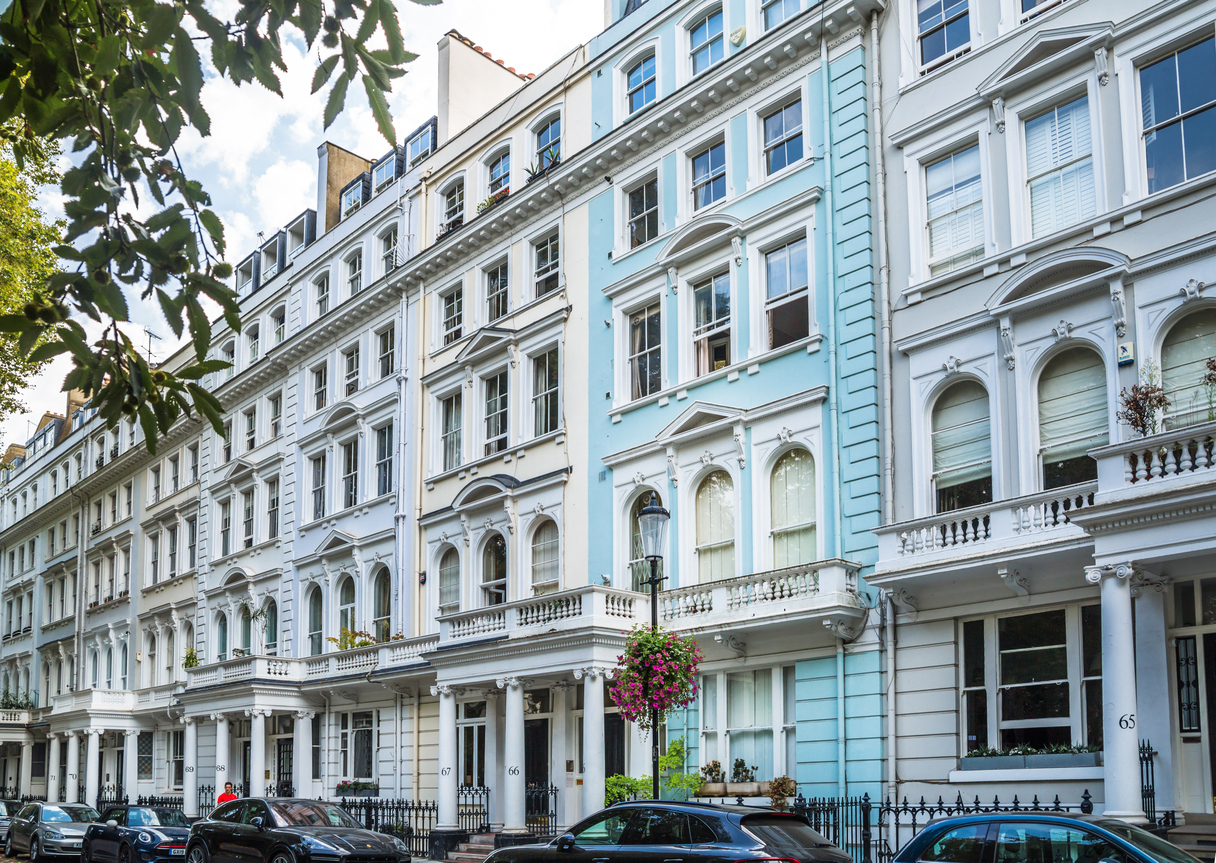



Owning a share of the freehold offers significant advantages, especially when it comes to extending your lease. Unlike leaseholders who rely on statutory rights under the Leasehold Reform, Housing and Urban Development Act 1993, share of freehold owners typically have more control over lease extensions. This guide explains how lease extensions work in share of freehold properties, the process involved, and how Fraser Bond can assist in ensuring a smooth and cost-effective extension.
If you own a share of freehold, it means you and other flat owners in the building collectively own the freehold. This can be structured in two ways:
This status gives leaseholders more control over building management and lease-related matters, including lease extensions.
Even with a share of the freehold, you still have an underlying lease, which loses value as it gets shorter. A lease with fewer than 80 years remaining can significantly affect a property’s resale value and mortgageability. Extending your lease early can help:
Unlike standard leaseholders, share of freehold owners can extend their lease without paying a premium (as long as all freeholders agree). The process usually follows these steps:
Since you and your co-freeholders control the freehold, you can agree to extend your leases informally. This often means granting a 999-year lease extension at a nominal cost (peppercorn rent).
A solicitor will prepare a Deed of Variation or a new lease document that reflects the extended lease term. This must be properly drafted and signed by all parties.
Once the new lease terms are agreed upon and signed, they must be registered with the Land Registry to ensure the extension is legally recognised.
If freeholders cannot agree on an informal extension, an individual leaseholder may still use their statutory right under the Leasehold Reform Act 1993 to request a 90-year extension at a peppercorn ground rent. However, this process involves valuation costs and legal fees.
The cost of extending your lease as a share of freehold owner is usually limited to:
If the lease is extended informally, no premium is payable, making it significantly cheaper than a statutory lease extension.
At Fraser Bond, we specialise in leasehold property management and can guide you through negotiating and registering a lease extension with minimal hassle. Whether you’re a freeholder or leaseholder, our expert team ensures you get the best outcome.
Need help with a share of freehold lease extension? Contact Fraser Bond today for expert advice.